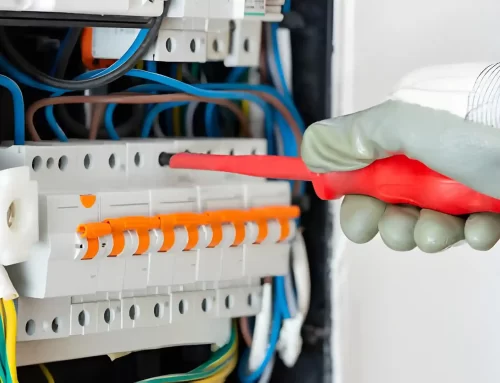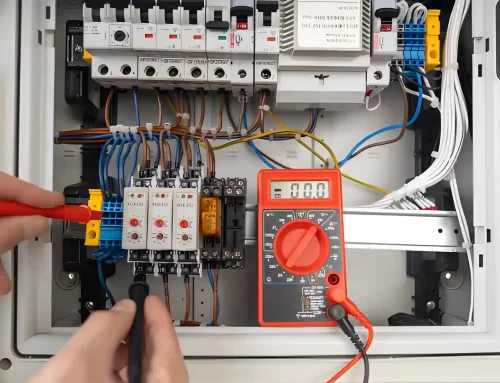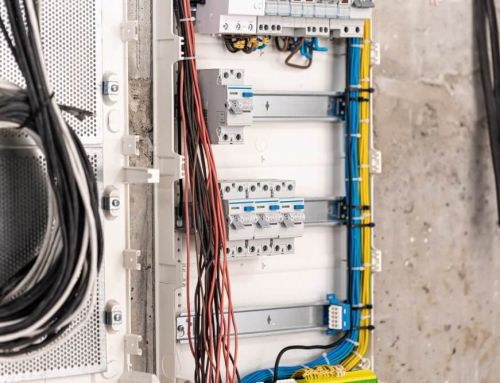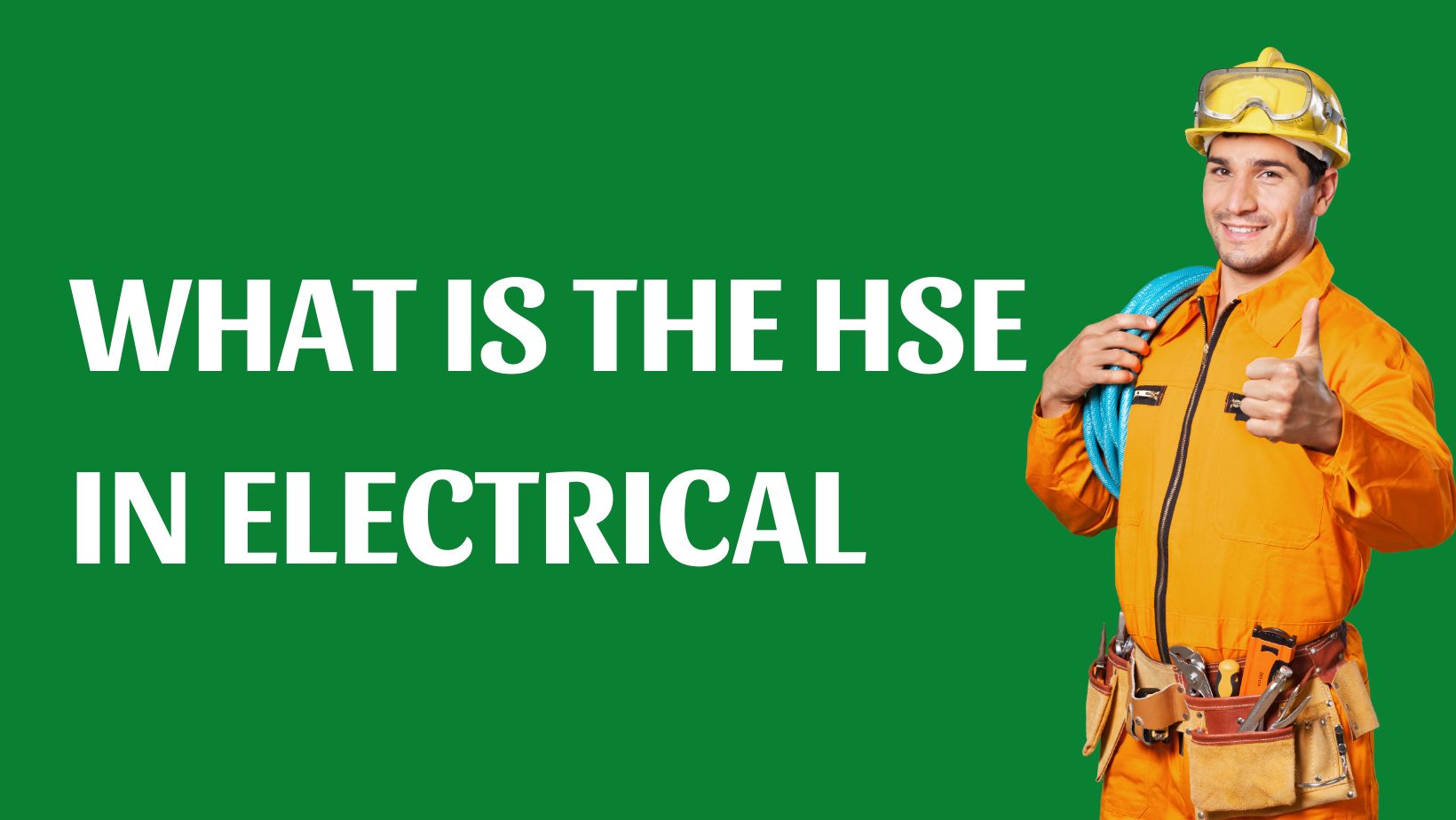
You’ve probably encountered the term HSE in various industries, but when it comes to electrical, it’s a whole new ballgame. What Is the HSE in Electrical? Health, Safety, and Environment (HSE) in the electrical field is about more than just following rules; it’s about creating a safe working environment that anticipates and mitigates potential hazards associated with electrical systems. Whether you’re a seasoned engineer or new on the job, understanding the key components of HSE can significantly impact your approach to electrical safety. Now, consider this: what might be the implications of overlooking such practices in an industry where the stakes are incredibly high?
Understanding HSE Fundamentals
Health, Safety, and Environmental (HSE) management is crucial for electrical systems. You must grasp HSE principles to mitigate electrical hazards effectively. A robust safety culture is foundational, ensuring that risk assessments are routinely conducted and adhered to.
Compliance with established standards isn’t just regulatory; it’s a safeguard against potential failures and accidents. Your engagement in training programs is non-negotiable. These initiatives empower you with the latest safety protocols and preventive measures.
Incident reporting mechanisms must be straightforward and encouraged within your team to enhance responsiveness. Regular safety audits validate the integrity of safety practices and reveal areas for improvement. Mastering these fundamentals ensures not only your safety but also promotes a culture of proactive HSE management in your workplace.
Role of HSE in Electrical Safety
Building on a solid understanding of HSE fundamentals, it’s imperative to explore how these principles specifically apply to electrical safety.
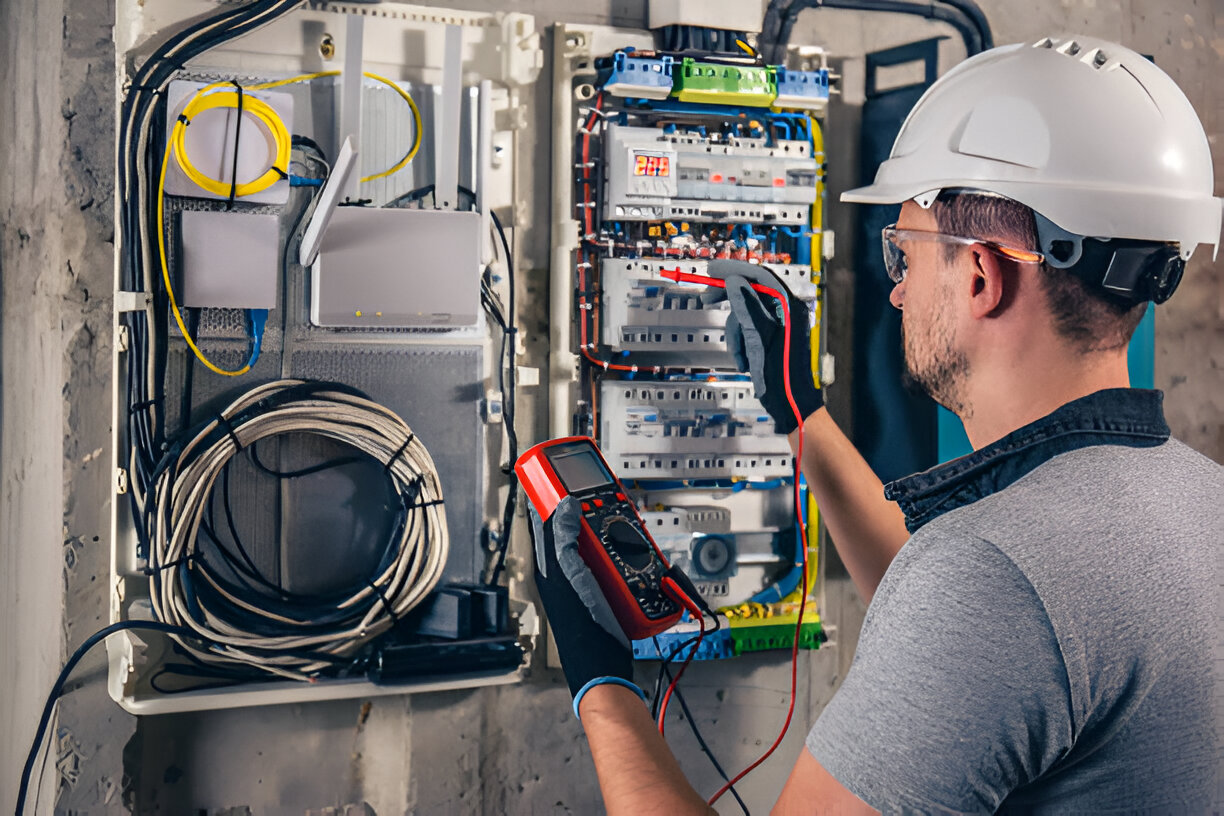
You’ll find that HSE training is crucial in equipping you with the skills to conduct thorough risk assessments and hazard identification, essential in preventing electrical incidents.
Safety audits are integral, ensuring adherence to compliance standards and revealing areas for improvement.
Through rigorous incident reporting, you gather data critical for refining safety measures and protocols.
As you delve deeper into these processes, you realize the pivotal role they play in safeguarding not only individual health but also the operational integrity of electrical systems.
Mastery of these areas is non-negotiable in achieving a high level of electrical safety.
Key Components of HSE
Understanding the key components of HSE is crucial for your safety management strategy. HSE policies set the framework for compliance and risk management in electrical environments. By conducting regular safety audits, you ensure these policies are effectively implemented and any risks are promptly identified and mitigated.
Here’s a breakdown of these components:
| Component | Description | Impact |
|---|---|---|
| HSE Policies | Guidelines and standards for safety | Foundation for compliance |
| Safety Audits | Systematic reviews of practices and environments | Ensures continuous improvement |
| Risk Management | Identification and mitigation of hazards | Reduces accidents and injuries |
| Training | Education on safety practices and policies | Enhances safety awareness |
Implementing HSE Regulations
Frequently, the most challenging aspect of maintaining a safe electrical environment involves properly implementing HSE regulations. You must initiate comprehensive HSE training that equips your team with the knowledge to identify and mitigate electrical hazards.
Regular risk assessment is crucial; it allows you to adapt to regulatory updates and refine safety protocols. Compliance audits are indispensable, ensuring that practices align with current standards.
Effective incident reporting mechanisms must be established to capture any mishaps, providing data to prevent future occurrences. Engage employees actively; their involvement is vital for the dynamic application of safety measures.
Challenges in Electrical HSE
Despite rigorous efforts, numerous challenges persist in ensuring electrical HSE compliance.
You’ll face difficulties in hazard identification due to complex and dynamic work environments. Effective risk assessment requires constant updating to reflect new technologies and procedures, demanding a high level of expertise and continuous learning.
Safety training must be comprehensive and ongoing, yet often encounters constraints such as limited resources and varying worker engagement levels.
Compliance audits and incident reporting systems are crucial, yet can be undermined by inadequate data collection or lack of transparency.
Furthermore, developing a robust emergency response that can be swiftly activated during electrical incidents involves intricate planning and coordination, presenting significant logistical challenges.
These elements are critical, yet each adds complexity to maintaining high safety standards.
Benefits of Effective HSE Practices
Implementing effective HSE practices in electrical work significantly boosts safety and operational efficiency.
You’ll see profound benefits when you prioritize these strategies:
- Risk Management: Mastering risk management minimizes accidents and equipment failures. Effective hazard identification and continuous improvement are essential.
- Compliance Audits: Regular compliance audits ensure your operations adhere to legal standards, reducing liability and enhancing safety culture.
- Employee Engagement: HSE training and incident reporting foster a proactive safety environment. Engaged employees are more likely to contribute to safety processes actively.
- Operational Efficiency: A robust safety culture and structured HSE practices streamline operations, prevent downtime, and support sustainable business growth.
Adopt these practices not only to meet but exceed industry standards.
Conclusion
In conclusion, you must prioritize HSE in electrical to mitigate risks and enhance safety. Implementing robust safety protocols and adhering to regulations not only protects you but also ensures operational efficiency. Despite the challenges, effective HSE practices can lead to significant benefits, including reduced accidents and sustained business growth. Stay committed to continuous improvement and rigorous training to uphold the highest standards of health, safety, and environmental protection in the electrical industry.
Our Pricing
| Our Electrical Safety Certificate Prices |
|---|
| Studio Apartment £67.99 |
| 1 – 3 Bedroom £94.99 |
| 4 Bedroom £104.99 |
| 5 Bedroom £139.99 |
Check Out Our Other Services
| EICR | Commercial EICR | Emergency Light Certificate |
|---|---|---|
| Electrical Diagnostic | PAT Testing | Fuse Box Installation |
About the Author: LandlordCertificate
Related Posts
Get Social
Recent Posts
- The Role of Fire Extinguisher Inspection in Fire Risk Management
- How to Stay Compliant with Emergency Lighting Test Certificate Rules
- EICR London Fault Codes Explained: What C1, C2, and C3 Really Mean for Landlords
- Choosing the Right Consumer Unit for Fuse Box Installation London in Properties
- Electrical Diagnostic London: How Professional Testing Keeps Your Property Safe and Compliant


